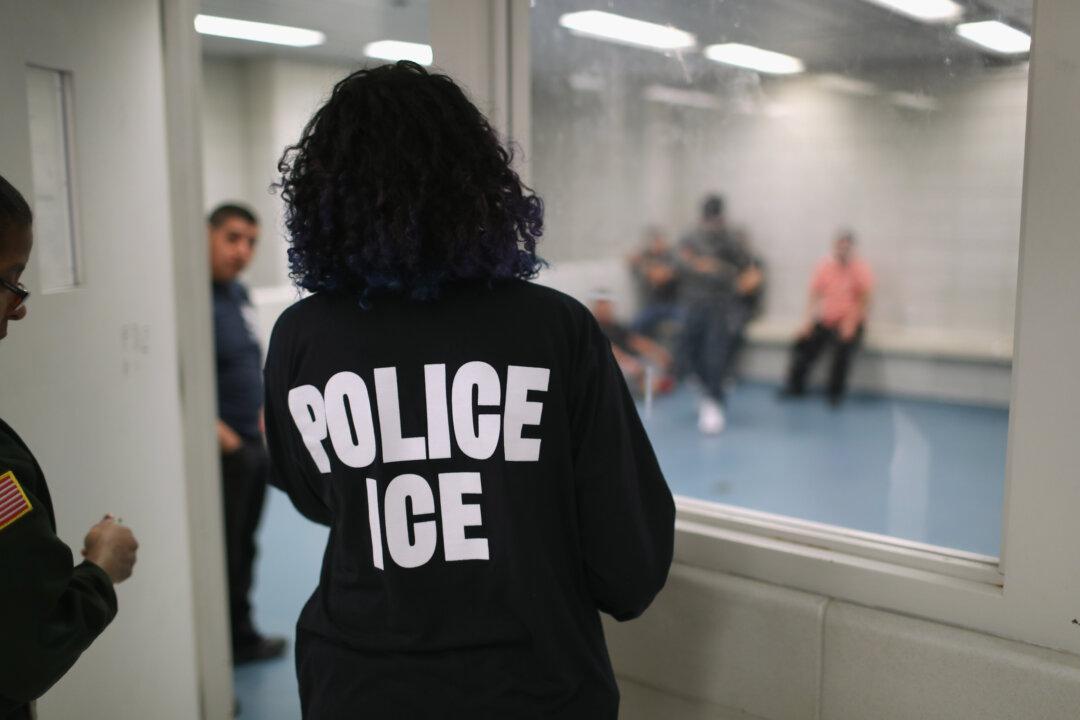The illegal immigrant who attracted a massive following on TikTok offering his comrades tips on how to take over people’s homes has been arrested by the feds.
Leonel Moreno, a citizen of Venezuela, gained notoriety encouraging “fellow Venezuelans” to illegally come to the United States and live as squatters.





